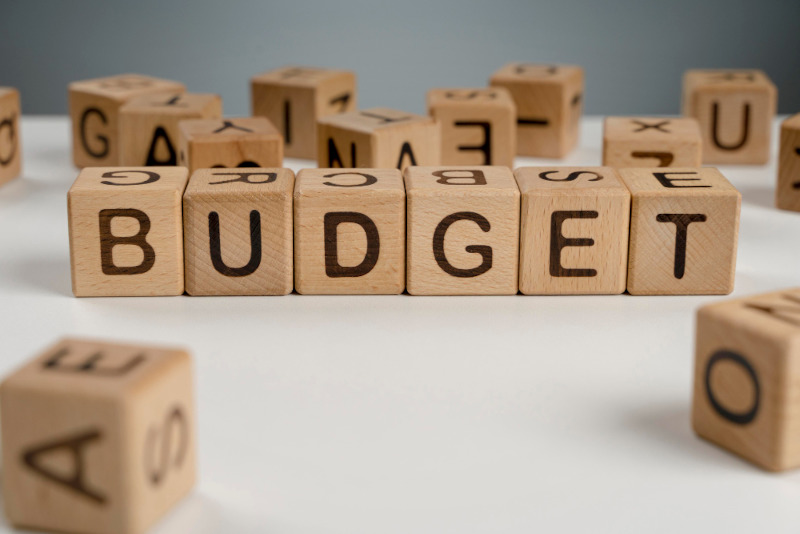Last updated on December 10th, 2023 at 07:50 pm
Dealing with poor credit can be challenging, but it should not deter you from taking control of your finances. One essential step towards financial stability is creating a budget. By carefully managing your income and expenses, you can gradually improve your credit while working towards your financial goals. In this article, we’ll explore some effective strategies to create a budget and regain control over your finances, even if you have poor credit.
Understanding Your Current Financial Situation
Before diving into budgeting, it’s crucial to assess your current financial situation. Take stock of your income, including any steady sources such as employment or freelance work. Consider your regular expenses, such as housing, utilities, groceries, transportation, and debt payments. This assessment will provide a clear picture of where you stand financially.
Create a Budget That Prioritizes Debt Repayment
When creating a budget with poor credit, it’s essential to prioritize debt repayment. Start by identifying high-interest debts and loans that require immediate attention. Allocate a portion of your income to make consistent payments towards these obligations. Paying off debts gradually not only reduces financial stress but also helps rebuild your credit over time.
Categorize Your Expenses
Categorizing your expenses is a key step in budgeting. Divide your expenses into fixed and variable categories. Fixed expenses include rent or mortgage payments, utilities, and insurance. Variable expenses encompass discretionary spending, such as entertainment, dining out, and shopping. By clearly categorizing your expenses, you can identify areas where you can make adjustments and potentially save money.
Set Realistic Goals
Budgeting becomes more effective when you set realistic financial goals. Determine your short-term and long-term objectives, such as saving for emergencies, paying off specific debts, or planning for future investments. Having clear goals will help you stay focused and motivated throughout your budgeting journey.
Track Your Spending
To create a successful budget, it’s crucial to track your spending diligently. Keep a record of all your expenses, either manually or through budgeting apps and tools. Review your spending regularly to identify areas where you might be overspending. This process will enable you to make conscious decisions and adjust your budget accordingly.
Create a Budget that Reduces Discretionary Spending
When your credit is poor, it’s crucial to reduce discretionary spending. Evaluate your variable expenses and identify areas where you can cut back. Consider alternatives to costly activities, such as cooking at home instead of dining out or exploring free entertainment options. Reducing discretionary spending allows you to allocate more funds towards debt repayment or savings.
Explore Income-Boosting Opportunities
If possible, consider exploring additional income-boosting opportunities. Look for part-time jobs, freelance gigs, or side hustles that align with your skills and interests. The extra income can significantly impact your budget by helping you pay off debts faster and build savings.
Seek Professional Guidance
Don’t hesitate to seek professional guidance if you’re struggling with poor credit and budgeting. Credit counseling agencies or financial advisors can provide valuable insights, personalized advice, and debt management strategies. They can guide you in creating a budget tailored to your circumstances and offer assistance in negotiating with creditors.
Conclusion
Creating a budget is an essential step towards financial stability, even if you have poor credit. By understanding your current financial situation, prioritizing debt repayment, categorizing expenses, setting realistic goals, tracking spending, reducing discretionary expenses, exploring income-boosting opportunities, and seeking professional guidance, you can take control of your finances and gradually improve your credit score. Remember, financial success is within reach with careful planning and consistent efforts.
